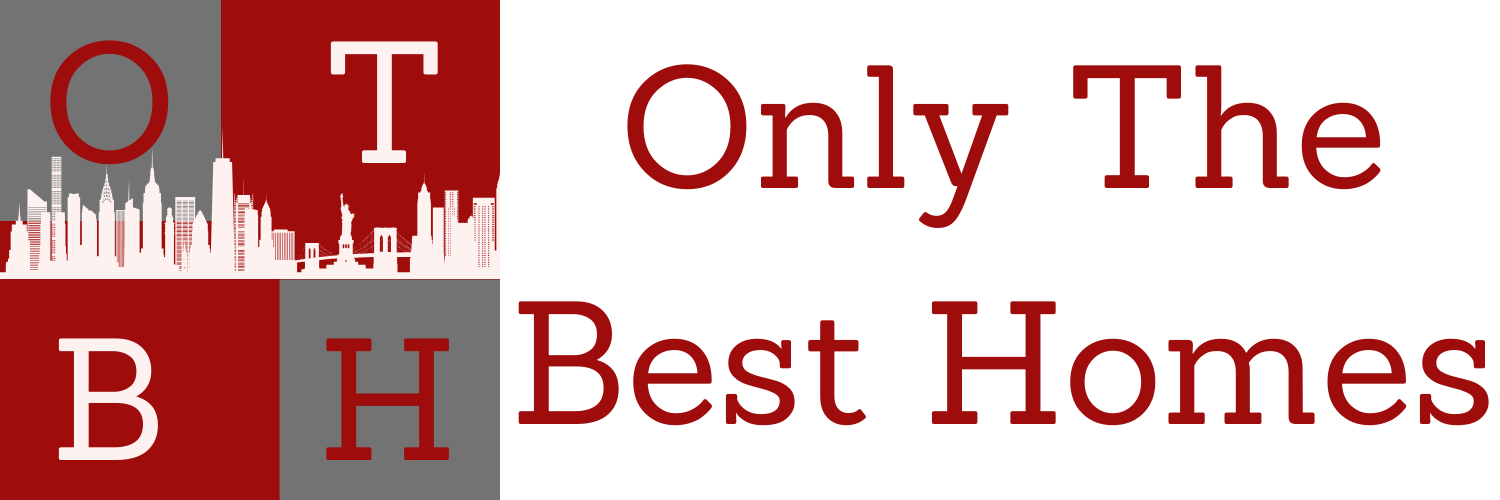There are 7 types of loans for buying property. Each one has its purpose and specific rules. Knowing which loan is right for you is a matter of examining your future plans to the best of your ability. This includes how long you plan to stay in the property you are planning to buy and if you would sell that property when it's time to move on or hold it as an investment. Making the correct choice will result in saving a large sum of money. The 7 types of loans are:
Conventional loans are known for their fixed rates and consistency. Historically, these loans have been the most common and have a 15 year or 30 year term in which the payments are the same for the life of the loan. In more recent years there have been banks offering 10 and 20 year conventional loans as well. Fixed rate loans are best for when the rates are historically low and if your long term plans are to keep the home. Typically 20% down payment is required for these loans.
ARM loans or adjustable rate mortgages have a starting rate for a period of time. They also have rules that limit the number of adjustments per adjustment period. This may be confusing so here's an example.
| Example of a 5/1 Arm with a 1/2/5 rate cap |
| The 5/1 breaks down to | Initial locked rate for 5 years | An adjustment of the rate each 1 year after |
| The 1/2/5 rate cap breaks down to | 1% maximum +/- adjustment in the first adjustment period (in this case the 6th year) | 2% maximum +/- adjustment in the second adjustment period and after (in this case the 7th year and beyond) | 5% maximum +/- adjustment from the original rate (in this case the maximum swing can be from 0% to 10%) |
These loans generally have lower rates, which can make them attractive for anyone that is confident about moving again before the adjustments start or that they can pay off the loan in that time.
FHA loans require far less money upfront and will lend to qualified buyers who have as little as a 3.5% down payment. Qualifying for an FHA loan doesn't require as high of a credit score either. The minimum credit score required is 580 while conventional loans will require 620-640 depending on the institution. These loans allow for a non-occupant co-borrower. The most common case for this is a parent helping a child buy a first home. The parent in this case will be on the mortgage but does not have to occupy the home as part of the rules for the loan.
VA loans are specifically meant for Veterans. Veterans Affairs or VA loans are an excellent alternative to conventional loans. With a VA loan you can purchase a home with no money down and no requirement for PMI (private mortgage insurance). One of the requirements for this loan is to have served 90 days consecutively during wartime, 180 during peacetime, or six years in the reserves. Being government-backed, the VA has strict requirements on the type of home buyers can purchase with a VA loan. It must be your primary residence, and it must meet “minimum property requirements" (that is, no fixer-uppers allowed).
USDA loans are another type of government sponsored loans. They are specifically for rural development and I only include these in my list for those that might be inheriting a farm. While the NY metro area has few farms left, they are still out there and most heirs don't know what they can do with them. This is an option to leverage an inheritance.
Bridge loans, also known as gap loans, are great for the seller that wants to buy their next home first. Lenders will bundle your current home and the new home you are purchasing into one mortgage. Once you sell the old home, you can refinance your new home. This is primarily for buyers with great credit and a low debt-to-income ratio.
Portfolio loans are products provided by banks that cannot be sold off to the secondary market, which in most cases is the government. Portfolio lenders will keep the loan on their books as well as service it like any other mortgage. These loans generally have higher than market interest rates. In some cases lenders will offer a portfolio loan at a discount for a loan that seems solid. The risk there for the borrower, is that there is less protection legally from the lender. For example, if there is a default, the process to lose the home to a portfolio lender can be harsher on the homeowner. These loans are commonly used for people with a short credit history but great income or debt-to-income ratios. They can also be used for those new to the country and haven't established themselves yet. Another instance where these loans are commonly used is when the property doesn't meet the guidelines set forth by the government for conventional lending. Most frequently those properties are new construction multi family buildings or buildings with a low owner occupancy.
Need a lender to talk to that I trust? Contact me by clicking below and I'll share my list with you.



